Serine protease inhibitors treats eosinophilic esophagitis
A critical component of normal esophageal function is a protective epithelial barrier that prevents damage to the underlying tissue due to outside environment exposure such as foreign antigens and microorganisms. Impaired barrier function contributes to several esophageal pathologies and can provide a hospitable environment for immune responses. The serine peptidase inhibitor, kazal type 7 (SPINK7), has been shown to be down regulated in esophageal adenocarcinomas and eosinophilic esophagitis. Depletion of SPINK7 in differentiated esophageal epithelial cells resulted in dilated intercellular spaces and impaired epithelial barrier function, and SPINK7-depleted epithelial cells released a high level of pro-inflammatory cytokines. Dr. Rothenberg’s team has uncovered a novel regulator of pro-inflammatory epithelial responses mediated by an acquired deficiency of SPINK7. They propose that allergic esophageal inflammation is mediated by an imbalanced production of proteases and protease inhibitors and that SPINK7 deficiency unleashes a pro-inflammatory response characterized by excessive cytokine production and loss of barrier function.
Applications
- Improved barrier function in eosinophilic esophagitis
- Reduced risk of developing esophageal adenocarcinoma
Advantages
- Reduces the inflammatory response in the esophageal epithelium of eosinophilic esophagitis patients
